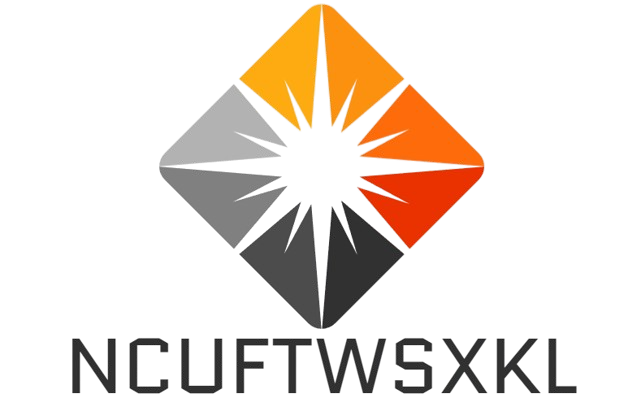Most people take out a mortgage when they are buying a new home. You are also able to get another mortgage on a house that you already own. The advice in this article can help you get a great rate, no matter what mortgage type you are interested in.
When it comes to getting a good interest rate, shop around. Each individual lender sets their interest rate based on the current market rate; however, interest rates can vary from company to company. By shopping around, you can ensure that you will be receiving the lowest interest rate currently available.
Regardless of your financial woes, communicate with your lender. Before the situation reaches foreclosure, the smart borrower knows that it is worth trying to make arrangements with the mortgage company. Call them and talk with them about your issues, and see what they can do.
Always read the fine print before you sign a home mortgage contract. There are many things that could be hidden inside of the contract that could be less than ideal. This contract is important for your financial future so you want to be sure that you know exactly what you are signing.
Make sure that all of your loans and other payments are up to date before you apply for a mortgage. Every delinquency you have is going to impact your credit score, so it is best to pay things off and have a solid payment history before you contact any lenders.
Make sure you’re not looking at any penalties when you apply for a new mortgage. Your old mortgage may impose fines for early payment, which can include refinancing. If there are fines, weigh the pros and cons before getting into a new mortgage, as you may end up paying a lot more than you expected, even though refinancing means a lower monthly payment.
If you’ve gotten approved for a mortgage, don’t make any other big purchases until after you’ve closed on your home. Typically your lender will pull your credit once again right before closing. If there are issues that crop up it could lead to problems with your closing. Be smart and curb spending until all is complete.
Look into no closing cost options. If closing costs are concerning you, there are many offers out there where those costs are taken care of by the lender. The lender then charges you slightly more in your interest rate to make up for the difference. This can help you if immediate cash is an issue.
Know your credit score and verify its accuracy. Identity theft is a common occurrence so go over your credit report carefully. Notify the agency of any inaccuracies immediately. Be particularly careful to verify the information regarding your credit limits. Make all your payments in a timely manner to improve your score.
Some creditors neglect to notify credit reporting companies that you have paid off a delinquent balance. Since your credit score can prevent you from obtaining a home mortgage, make sure all the information on your report is accurate. You may be able to improve your score by updating the information on your report.
When a mortgage lender analyzes your financial picture, they will look at your credit cards to see how big a balance you carry on each one. You want to make sure the balances are less than 50 percent of the credit available to you. Getting your balances to 30 percent or less of the total available is even better.
Balloon mortgages are the easiest to get. It carries shorter terms and will require refinancing when the loan expires. This can be risky because rates my increase during that time, or your financial picture may deteriorate.
Make sure you understand all of the fees and charges that come with any proposed loan agreement. There are going to be miscellaneous charges and fees. Some of these may be negotiated with either the seller or the lender.
Reduce consumer debt, such as credit cards, before trying to buy a house. If you have a plethora of cards, lenders may see you as financially irresponsible. You shouldn’t have lots of credit cards if you want a good interest rate.
Many people do not have excellent credit. When you are applying for a mortgage is not the time to find out. Check your credit report before applying for a mortgage. Clear up any issues that you may have with the credit agency. This will help you when it comes time to find a mortgage for your home.
If it is within your budget, consider making a higher payment to reduce the length of your loan. These short-term loans have lower interest rates and monthly payments that are slightly higher in exchange for the shorter loan period. It is possible to save thousands of dollars when compared to the more traditional 30 year mortgage.
Go online and use a mortgage calculator to find out how much of a loan you can afford. There are many sites that offer these free calculators. Additionally, there are calculators that will tell you the final price you will be paying at the end of the loan and others that show how much you can save by paying extra toward the principal.
Know your credit score before you try to get a home mortgage. If your credit score is low, work on raising it. This is important to do before you buy a home with a mortgage. You are more likely to get a good deal on your home mortgage when you raise your credit score first.
Ask around about mortgage financing. You may be surprised at the leads you can generate by simply talking to people. Ask your co-workers, friends, and family about their mortgage companies and experiences. They will often lead you to resources that you would not have been able to find on your own.
There is a lot to know about home mortgages, and the more you know, the better off you will be. Make sure you apply every tip in this article to make sure you get a good mortgage. This helps you get the best rate.



